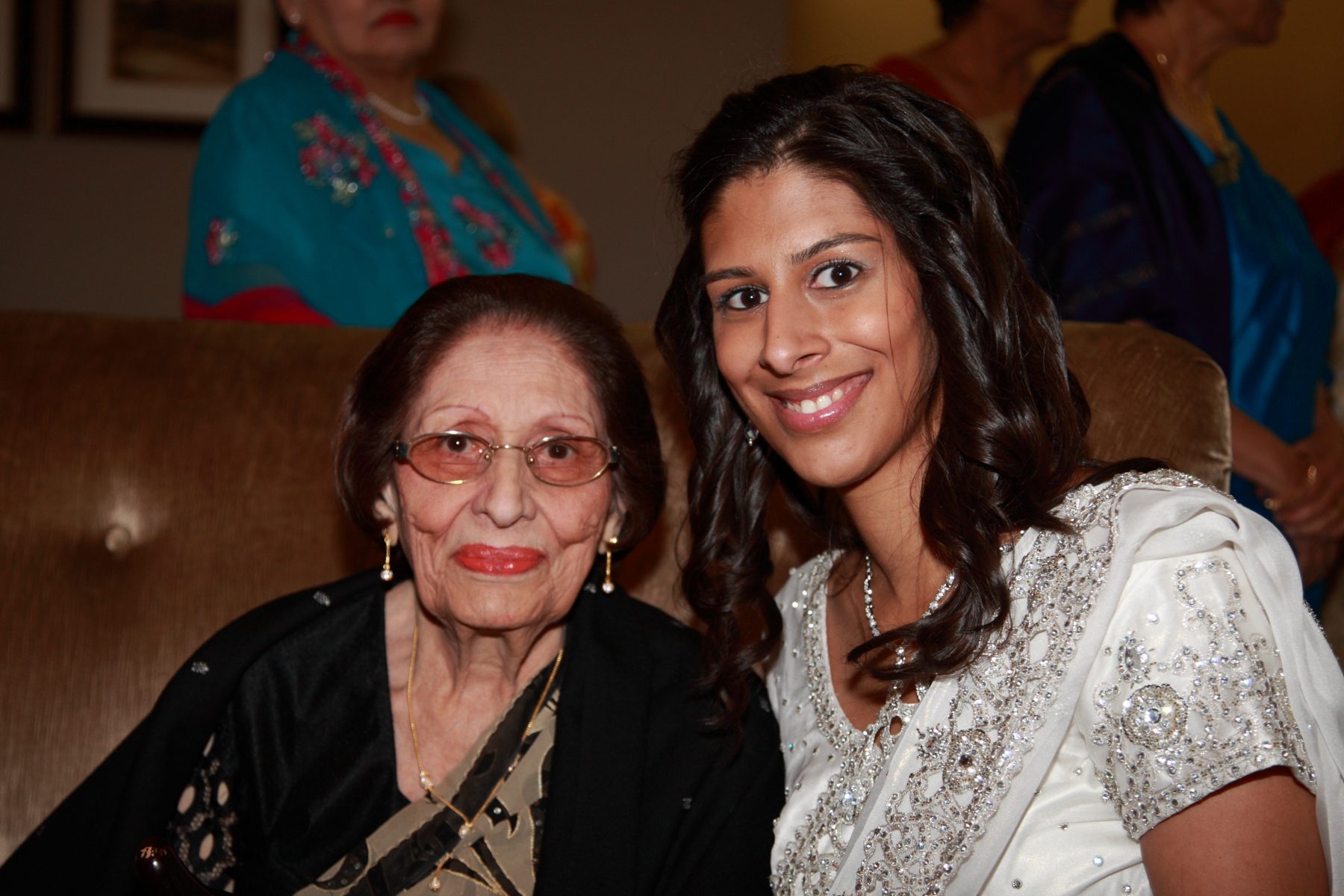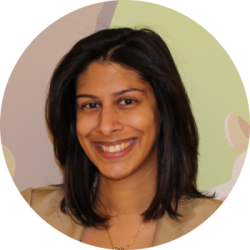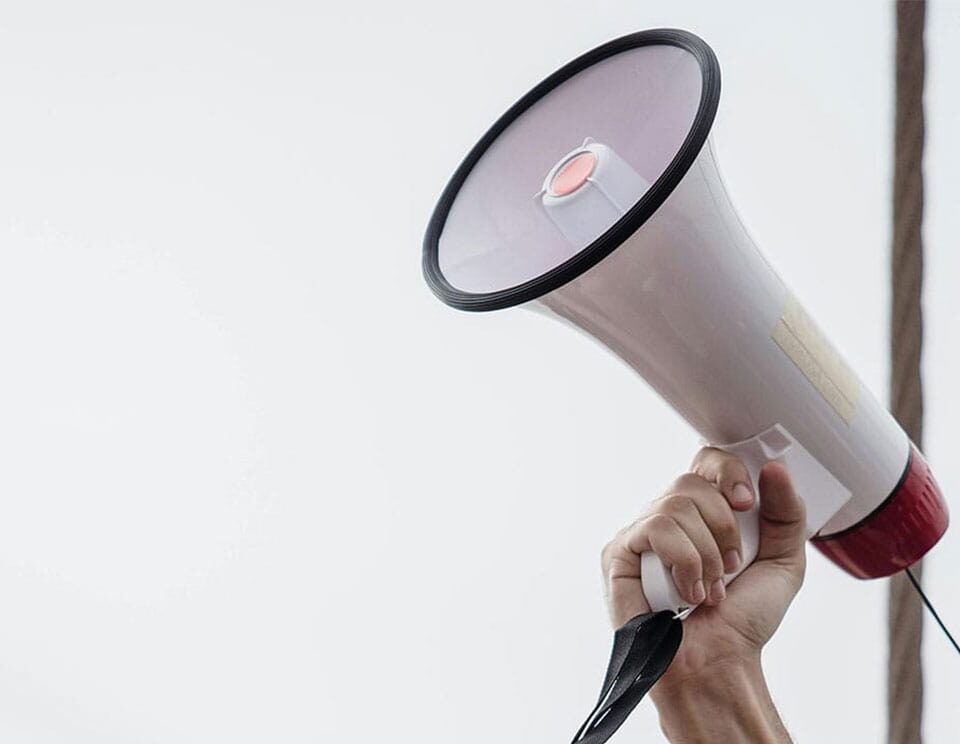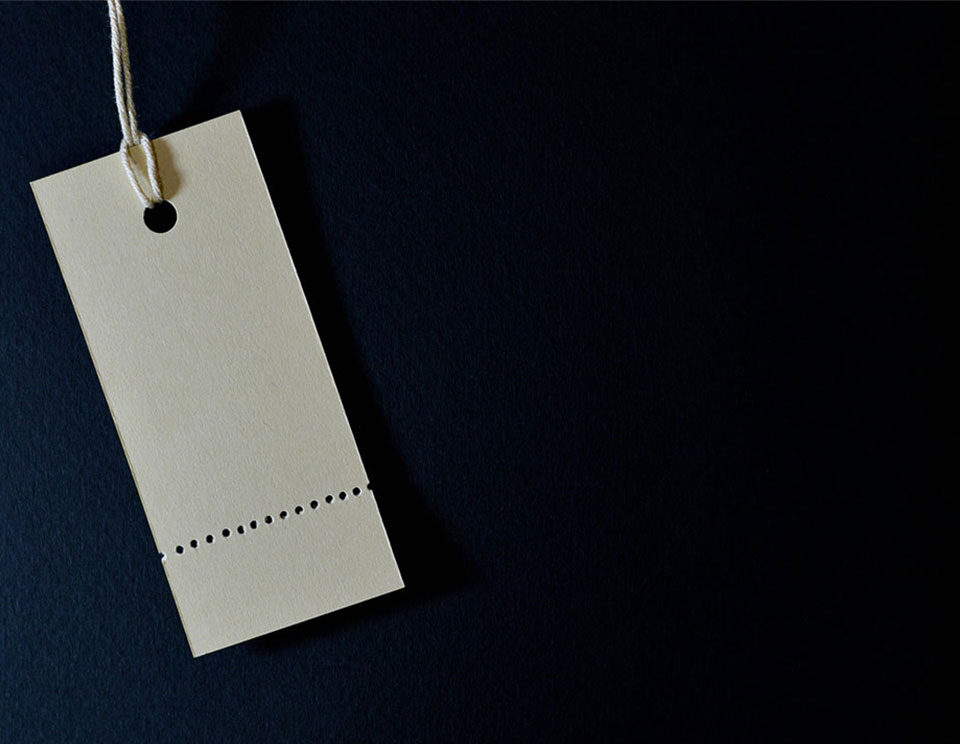I consider myself to have had an interesting and unique audiology education. It all started with my undergrad in linguistics and French language at UofT, where I took a neurolinguistics course and I learned all about the brain – everything that it does right and everything that can go wrong.
The brain is a fascinating organ. When I think about how the brain works and how it develops and specializes and changes with time and age and experience, it blows my mind! Given how interested I was in the brain, I decided that I wanted to pursue a career in a field that would allow me to connect my linguistics education with shaping and repairing the brain when damage occurs. The obvious career choices for this became Neurolinguistics, Speech-Language Pathology or Audiology.
Since my grandmother (mama) had always had such significant hearing loss, I started attending her audiology appointments to learn more about her experience and struggles as a person living with hearing loss, and incidentally, the field of audiology. There was something so cool and so fun about the technology used to test for and aid hearing loss and about the incredible future advances in technology that this field had to offer; but there was also something so sad about the fact that other than my grandmother, no one really understood what she was going through – how hard and isolating it was for her to live with this hearing loss that she was experiencing. I decided that I could make things better for her, so I ended up in the Master’s program at Dalhousie University, to study audiology – both in the clinical and research streams.
I loved working in clinic and making a difference in my patients’ lives. I think I enjoyed it so much because every time I had a patient with hearing loss, I would think of my grandmother. To me, every single patient was her and I had the power to make things better. I still think of my patients this way. Every time a patient comes in for one of our hearing services at AudioSense, I think, what if she were my sister, my mom, my grandmother, and now, my daughter or even me. How do I do my very best to help them connect to their world of hearing and help to take away the struggles that hearing loss imposes on life? This very question of wanting to be better, do better and dig deeper, as an audiologist, for all of my patients, is what led me to a world of research and the completion of my Ph.D. back in Toronto at UofT and with SickKids hospital.
My Ph.D. was probably the hardest and most grueling educational journey I’ve had, but man did I love it. Asking questions about the brain and hearing and deafness that no one knows the answers to and being responsible for answering those questions by thinking critically, analytically and creatively outside-of-the-box was such a trip – the best 5 years of my educational career. My supervisor used to call this an “intellectual pursuit”, and she was so right, as it really was. I never knew that my little brain could think at such a high level, but I trained it and it did, to the point where I actually considered my defense to be fun!
I’ve now come full circle. I have the clinical experience and compassion to be the best audiologist that I can be, but I also have the research skills and knowledge to be the best scientist that I can be. These are very unique credentials for a practicing audiologist to have (to be an audiologist-scientist), and I am so glad that I get to share those with all of my patients at AudioSense!
About the Author
Salima Jiwani is the Founder/Director and Lead Audiologist at AudioSense Hearing, Balance & Concussion, an audiology clinic in Yorkville, Toronto. Salima has a keen clinical and research interest in disorders of the external, middle and inner ear, including hearing loss, auditory processing difficulties, tinnitus, sound sensitivities and post-concussion auditory deficits. Salima is passionate about understanding how the brain responds to sound after injury and in post-surgical management of cochlear implants. Salima works with children and adults of all ages at AudioSense, and provides her patients with industry-leading audiological care by leveraging her clinical, research and industry experience. She firmly believes in a holistic cross-collaborative team approach to audiological care and is always looking for outside-the-box evidence-based innovative ways to offer care to her patients. Outside of work, Salima continues to be engaged in advocacy initiatives to elevate the profession of audiology, give audiologists a voice and promote optimal audiological care for her patients.







